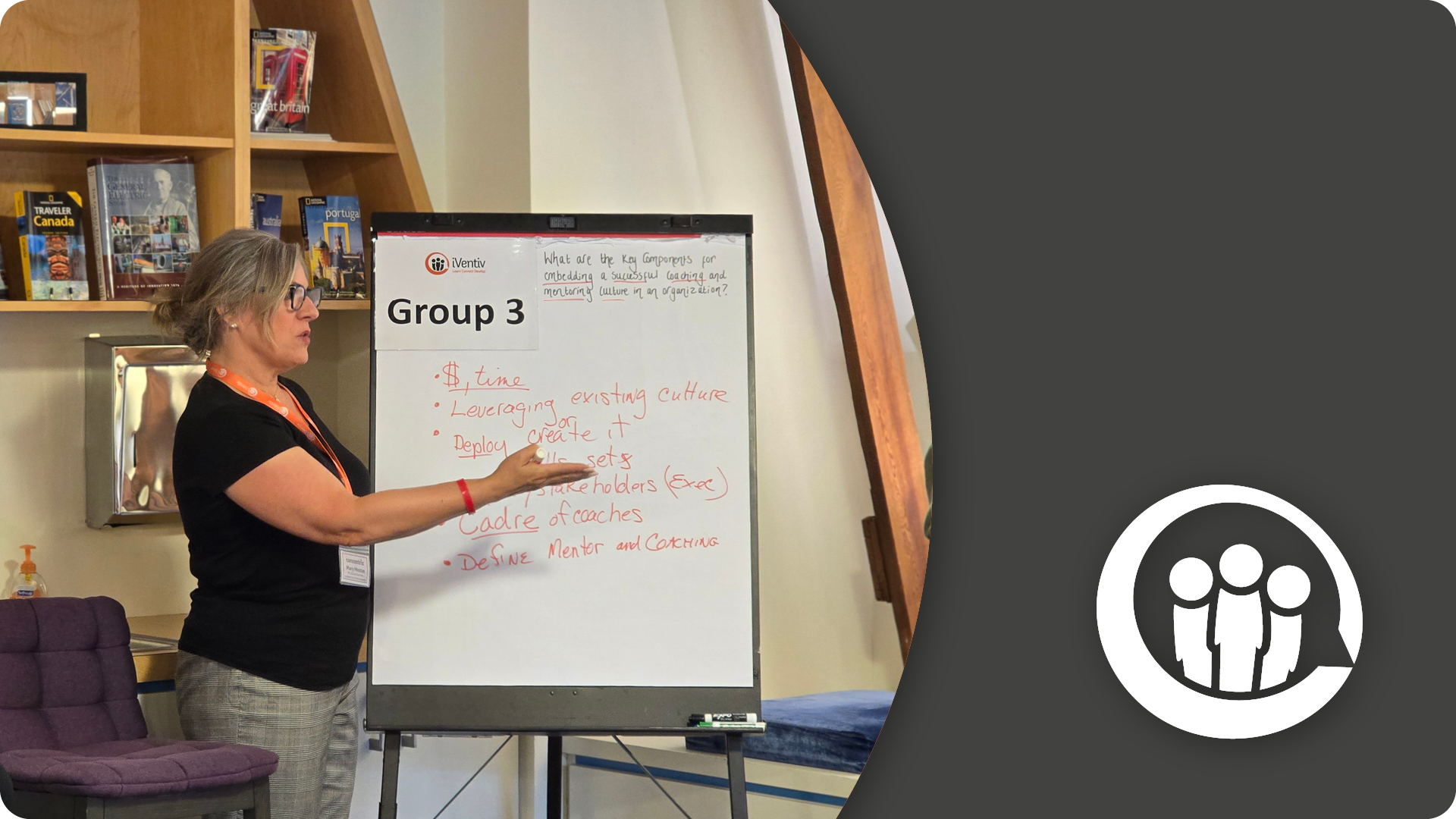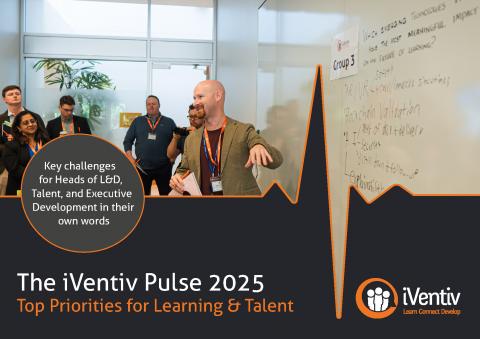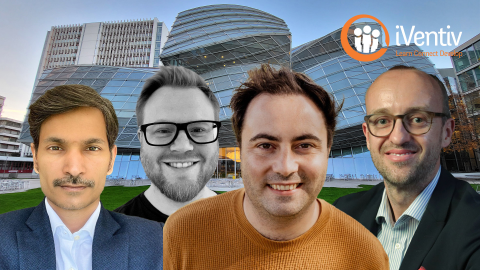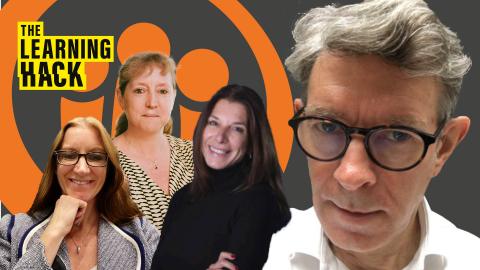Submitted by Kerry Summers on
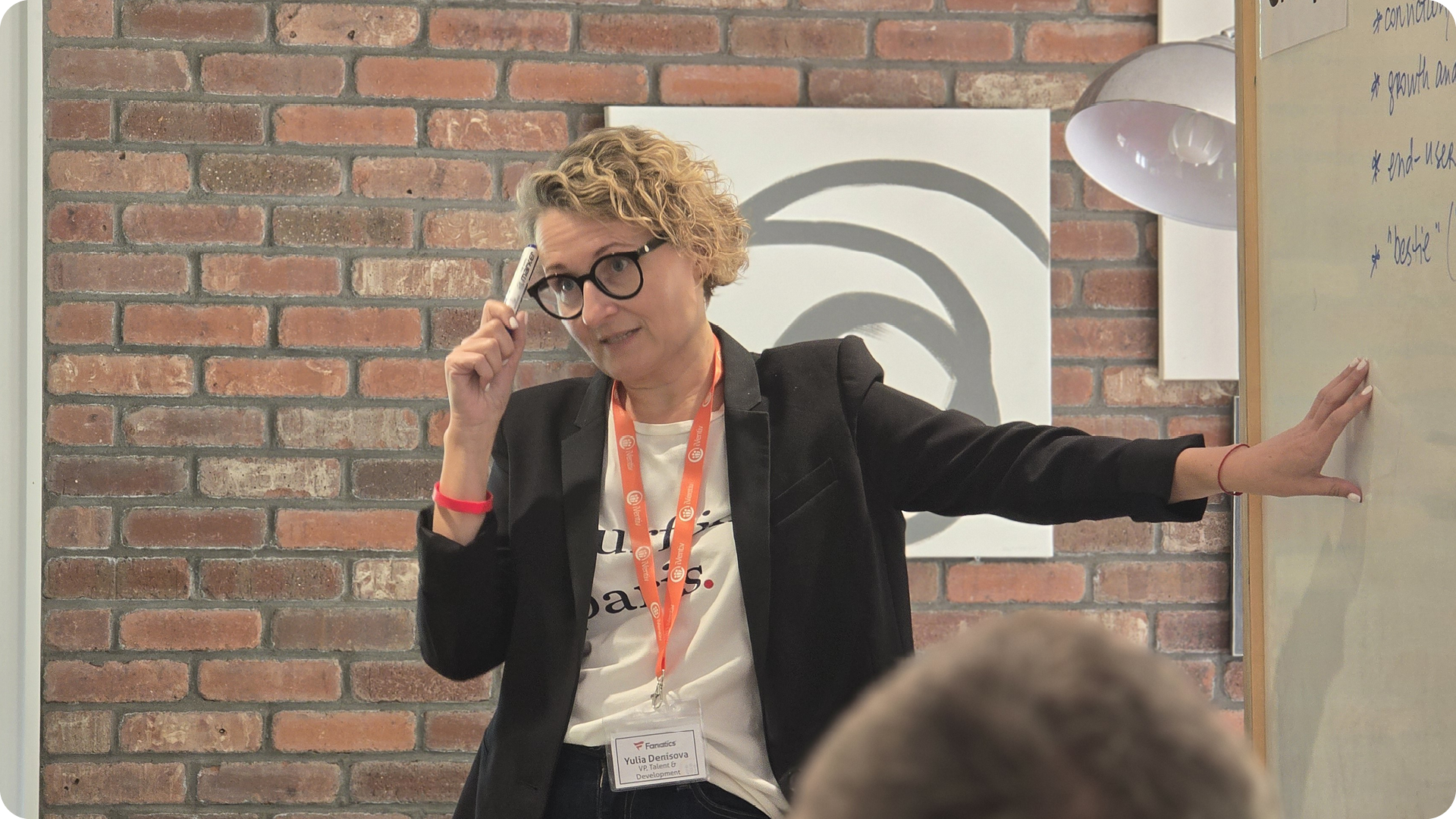
1. Artificial Intelligence: 56% (+15% compared to 2024)
Having sat behind Leadership and Skills at the start of the year, AI is now tied with Skills as the standout topic of 2025 with a 15% year-on-year increase. This isn’t surprising given the pace of AI development and the potential disruption it presents across every area of business. For L&D leaders, the question isn’t just "How do we train people to use AI?" but "What will AI mean for the function itself?"
There’s a growing sense of urgency, with many CLOs admitting that while their organisations are investing in AI tools, they lack a clear strategy for how learning supports – or is transformed by – these investments. Some are experimenting with generative AI in content creation or virtual coaching. Others are more cautious, seeking to understand governance, ethics, and data privacy implications before diving in.
For L&D providers, the opportunity lies in helping CLOs translate AI from hype to action: through practical use cases, capability frameworks, and solutions that integrate with business systems.
2. Reskilling and Upskilling: 56% (+3%)
The rise of skills-based organisations isn’t without its sceptics, but the topic of Reskilling is clearly a priority, if not a business-defining identity. 56% of respondents cite Reskilling and Upskilling as a priority, up 3% since 2024. With AI and automation reshaping job roles, the pressure to equip the workforce with future-relevant skills is intensifying.
CLOs are looking at skills taxonomies, talent marketplaces, and assessment tools that link learning to internal mobility. Crucially, they’re also looking for ways to personalise learning journeys and make skills data actionable.
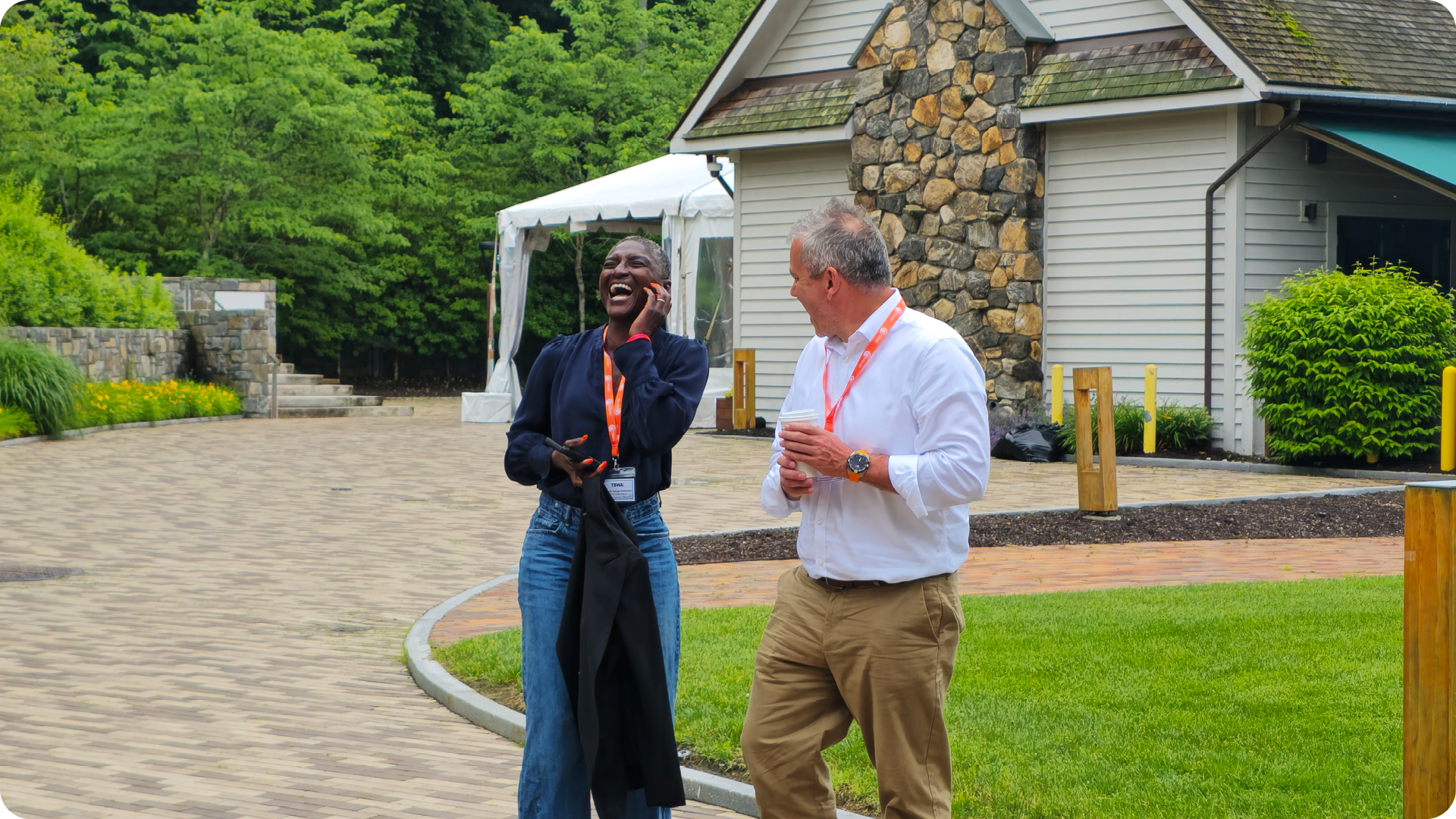
3. Learning Culture: 53% (+13%)
One of the most interesting shifts in 2025 is the continued rise of Learning Culture. Up 13% from last year, 53% of CLOs now list it as a key priority.
This reflects the established belief that 1) great content and platforms are useless without an environment that supports continuous learning and 2) most learning doesn’t happen on platforms or in classrooms anyway. L&D leaders want to see learning as part of work, not separate from it. That means rethinking incentives, line manager engagement, and the learner experience.
There’s also a subtle but important shift away from traditional ROI measures to broader conversations about impact: How do we know learning is working? Are we building the kind of culture that supports long-term success?
Learning leaders are looking, in short, to influence behaviours, shape organisational norms, and measure cultural shifts. Impact, not course completion, is their differentiator.
4. Leadership and Executive Development: 53% (-6%)
Leadership has slipped slightly in the rankings so far this year, down 6% from 2024. But at 53%, it remains a core focus.
The drop doesn’t reflect a loss of interest – rather, it reflects maturity. Many organisations feel they have a reasonably good grip on leadership development – on average, they rank themselves around 10 percentage points higher on their leadership development competency compared to AI.
Increasingly, leadership development is tied to broader strategic priorities, from digital transformation to sustainability. CLOs are also exploring how to support new leadership models – flatter hierarchies, more inclusive decision-making, and more technologically-enhanced methods of succession planning.
Providers that bring credibility, real-world expertise, and measurable outcomes to leadership development will continue to be in high demand.
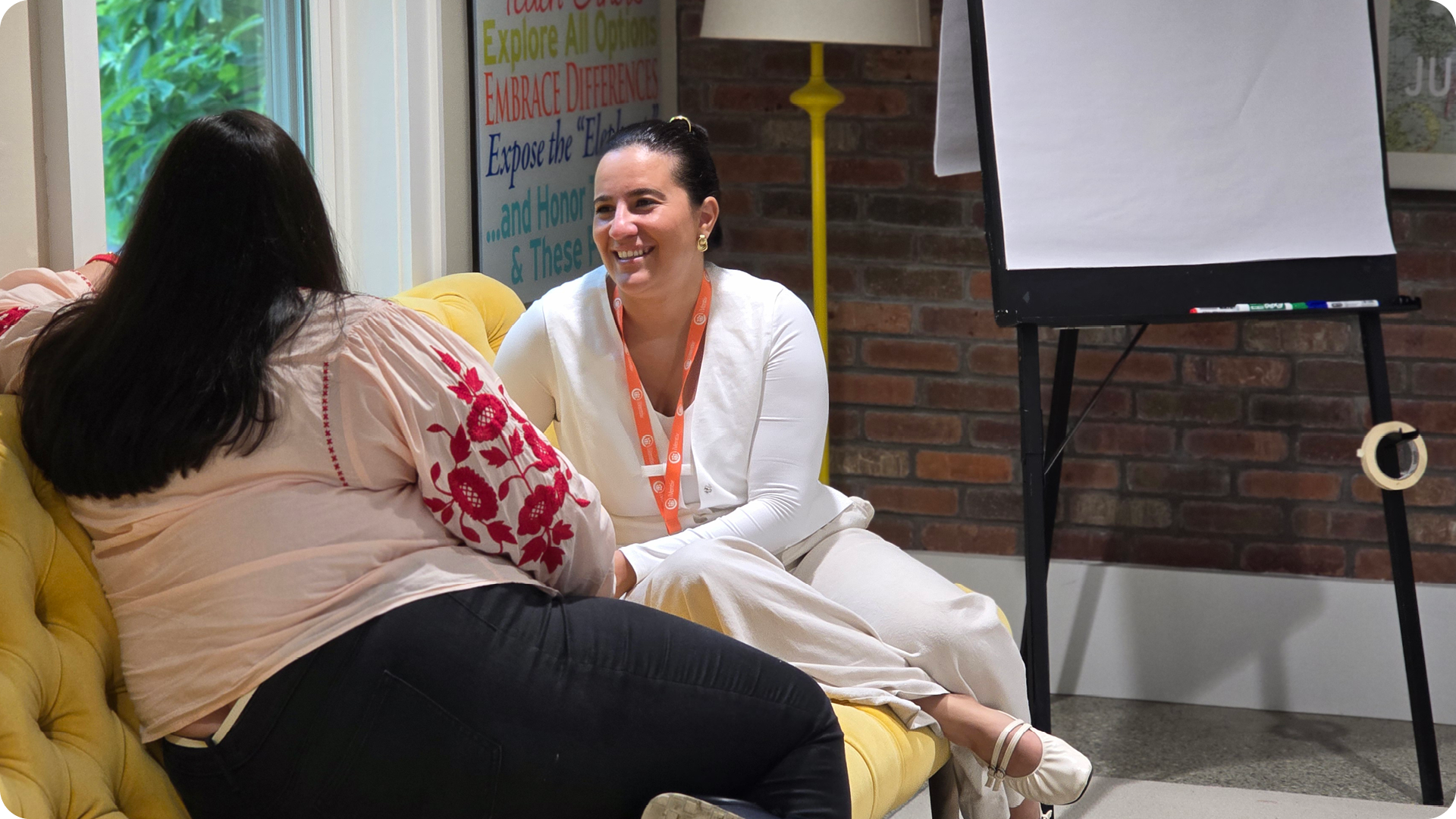
5. People Data and Insights: 41% (+10%)
Up 10% from 2024, the growing focus on people data reflects a more strategic, evidence-based approach to learning.
CLOs want to move from reporting on course completion and ‘happy sheets’ to understanding capability gaps, predicting talent needs, and proving impact. That means integrating data from multiple sources including not just LXPs, talent systems, and performance reviews, but also live performance data.
Heads of Learning and Talent want clear, intuitive data that demonstrates the business impact of learning, not the learning impact of learning.
Is DEIB Falling Out of Fashion?
Once a headline priority, Diversity, Equity, Inclusion and Belonging has seen a notable drop in focus, falling from 17% in 2024 to just 12% this year – and only 5% in the US.
This doesn’t necessarily mean CLOs have lost interest. In many organisations, DEIB is being rebranded, reframed, or absorbed into broader leadership and culture initiatives. But the sharp decline in stated priority is still striking.
The question of how to handle DEIB, or how to handle it at all, is therefore still live. It is clear, however, that many senior executives are deprioritising the topic as their businesses shy away from it.
Where does DEIB go from here? It’s unclear. If the business case remains true, that diverse talent is stronger talent, then one would expect work put on the back burner for now to return in some form. But if businesses feel it presents more burdens than solutions, perhaps DEIB will fall more permanently out of fashion.
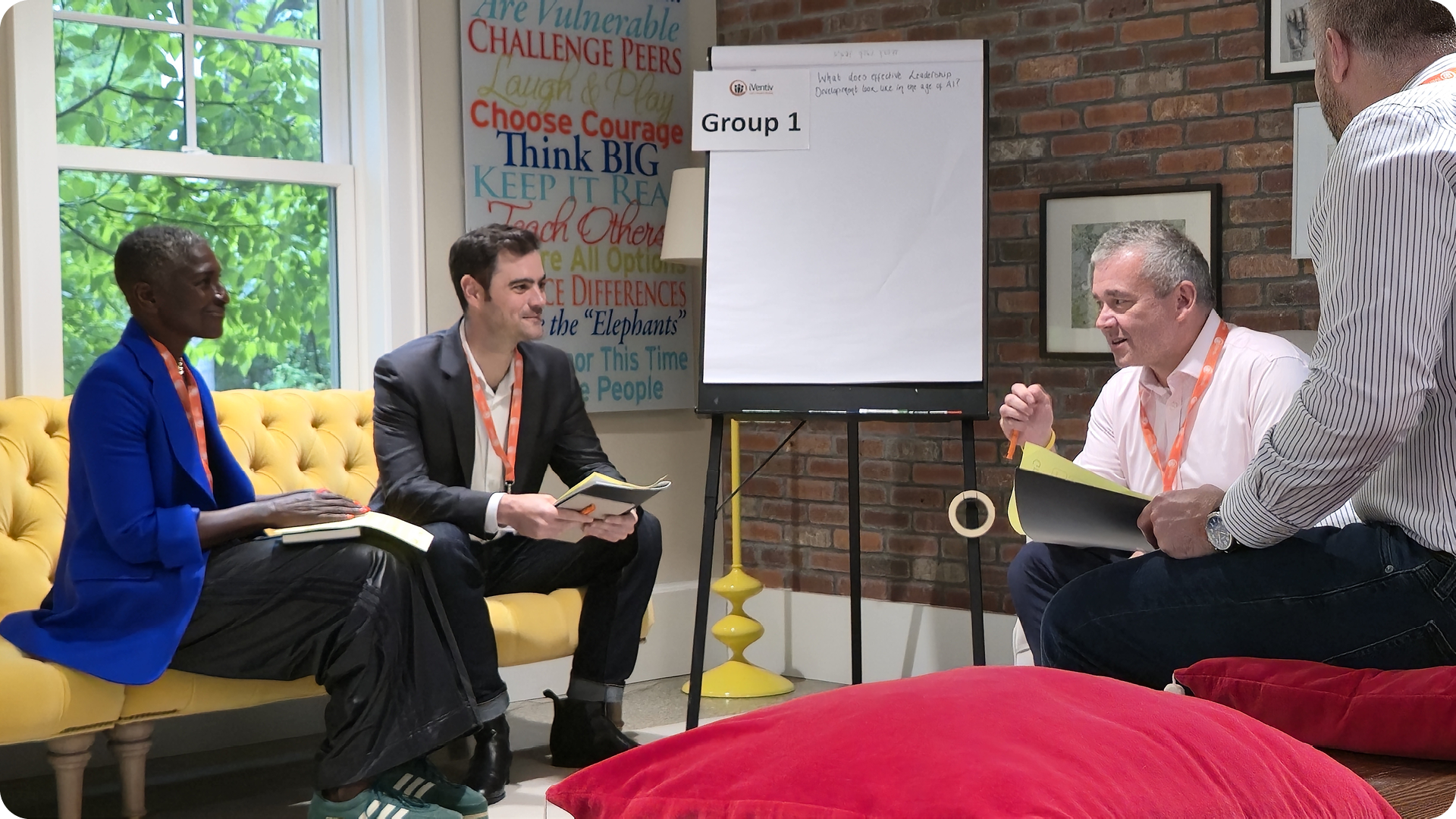
The Only Constant is Change
If one trend underscores all others, it’s the rise of change management as a CLO priority. Particularly pronounced in the US, where it rose 13 percentage points above the global average, change management is becoming a non-negotiable.
Political uncertainty, economic pressure, hybrid working, new tech – all are converging to make change an everyday reality.
The L&D function is no longer just reacting to change; it’s expected to lead it. That includes preparing leaders to manage transformation, equipping teams to adapt, and embedding agility into organisational culture.
In summary: For CLOs in 2025, priorities and methods may be shifting, albeit more subtly in some places than others. AI and skills are at the top of the agenda, but it would be misleading to think that those topics are disconnected from others like learning culture, leadership, and data. The key is for L&D leaders to keep their fingers on the pulse of the industry, share experiences with one another, and be open to new ideas.
